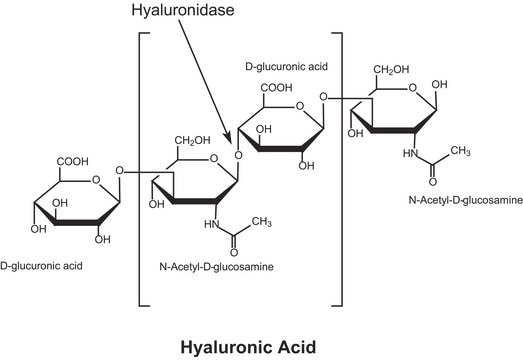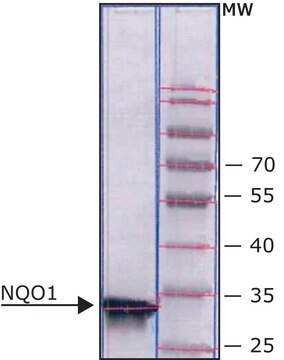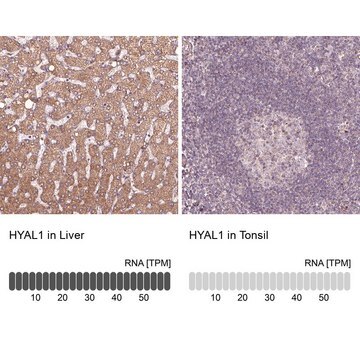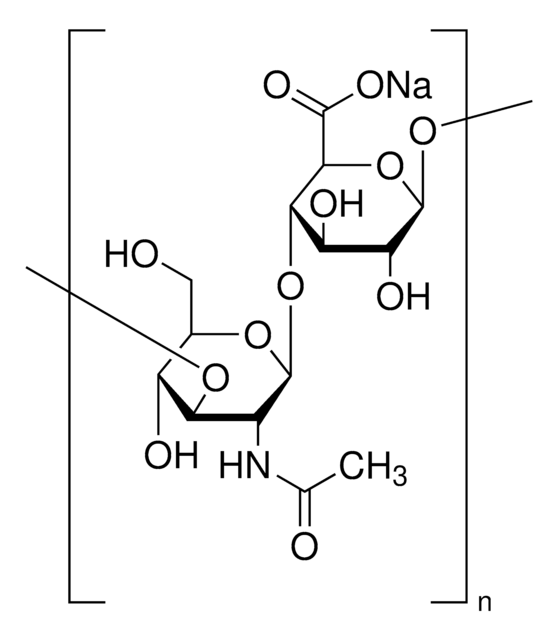H1115000
Hyaluronidase
European Pharmacopoeia (EP) Reference Standard
Sign Into View Organizational & Contract Pricing
All Photos(1)
About This Item
Recommended Products
grade
pharmaceutical primary standard
manufacturer/tradename
EDQM
application(s)
pharmaceutical (small molecule)
format
neat
storage temp.
2-8°C
InChI
1S/C18H14O7/c19-13(11-2-4-15-17(6-11)25-9-23-15)7-12(18(20)21)10-1-3-14-16(5-10)24-8-22-14/h1-6,12H,7-9H2,(H,20,21)
InChI key
PPEBBOHQEAQKSW-UHFFFAOYSA-N
General description
This product is provided as delivered and specified by the issuing Pharmacopoeia. All information provided in support of this product, including SDS and any product information leaflets have been developed and issued under the Authority of the issuing Pharmacopoeia.
For further information and support please go to the website of the issuing Pharmacopoeia.
For further information and support please go to the website of the issuing Pharmacopoeia.
Application
Hyaluronidase EP Reference standard, intended for use in laboratory tests only as specifically prescribed in the European Pharmacopoeia.
Packaging
The product is delivered as supplied by the issuing Pharmacopoeia. For the current unit quantity, please visit the EDQM reference substance catalogue.
Other Notes
Sales restrictions may apply.
related product
Product No.
Description
Pricing
signalword
Danger
hcodes
pcodes
Hazard Classifications
Resp. Sens. 1
Storage Class
11 - Combustible Solids
wgk_germany
WGK 1
flash_point_f
Not applicable
flash_point_c
Not applicable
Choose from one of the most recent versions:
Certificates of Analysis (COA)
Lot/Batch Number
Sorry, we don't have COAs for this product available online at this time.
If you need assistance, please contact Customer Support.
Already Own This Product?
Find documentation for the products that you have recently purchased in the Document Library.
Customers Also Viewed
Wei Xiang et al.
Nature communications, 9(1), 2574-2574 (2018-07-04)
Metabolic reprogramming greatly contributes to the regulation of macrophage activation. However, the mechanism of lipid accumulation and the corresponding function in tumor-associated macrophages (TAMs) remain unclear. With primary investigation in colon cancer and confirmation in other cancer models, here we
Hui-Fang Zhu et al.
Cancer biology & therapy, 20(7), 967-978 (2019-03-22)
Nontumour cells in the tumour microenvironment, especially fibroblasts, contribute to tumour progression and metastasis. The occurrence and evolution of colorectal cancer (CRC) is closely related to cancer-associated fibroblasts (CAFs). The aim of this work was to evaluate the effects of
Xiaojiao Wang et al.
Signal transduction and targeted therapy, 5(1), 35-35 (2020-04-17)
The inhibitory receptor signal regulatory protein-α (Sirpα) is a myeloid-specific immune checkpoint that engages the "don't eat me" signal CD47, which is expressed on tumor and normal tissue cells. However, the profile and regulatory mechanism of Sirpα expression in tumor-associated
Tae Jin Yun et al.
Methods in molecular biology (Clifton, N.J.), 1559, 419-437 (2017-01-08)
Dendritic cells (DCs) are central to initiate antigen-specific immunity and tolerance. The in vivo development and distribution of DCs are now better understood even in nonlymphoid tissues [1]. Atherosclerosis is a chronic inflammatory disease of blood vessels and DCs are
Tao Wang et al.
International journal of molecular medicine, 46(1), 340-350 (2020-07-07)
The present study aimed to investigate the protective effects exerted by astragaloside‑IV (AIV) on retinal pigment epithelial (RPE) cells of rats with diabetes mellitus (DM), and to explore the underlying molecular mechanisms. For this purpose, a rat model of DM
Our team of scientists has experience in all areas of research including Life Science, Material Science, Chemical Synthesis, Chromatography, Analytical and many others.
Contact Technical Service





